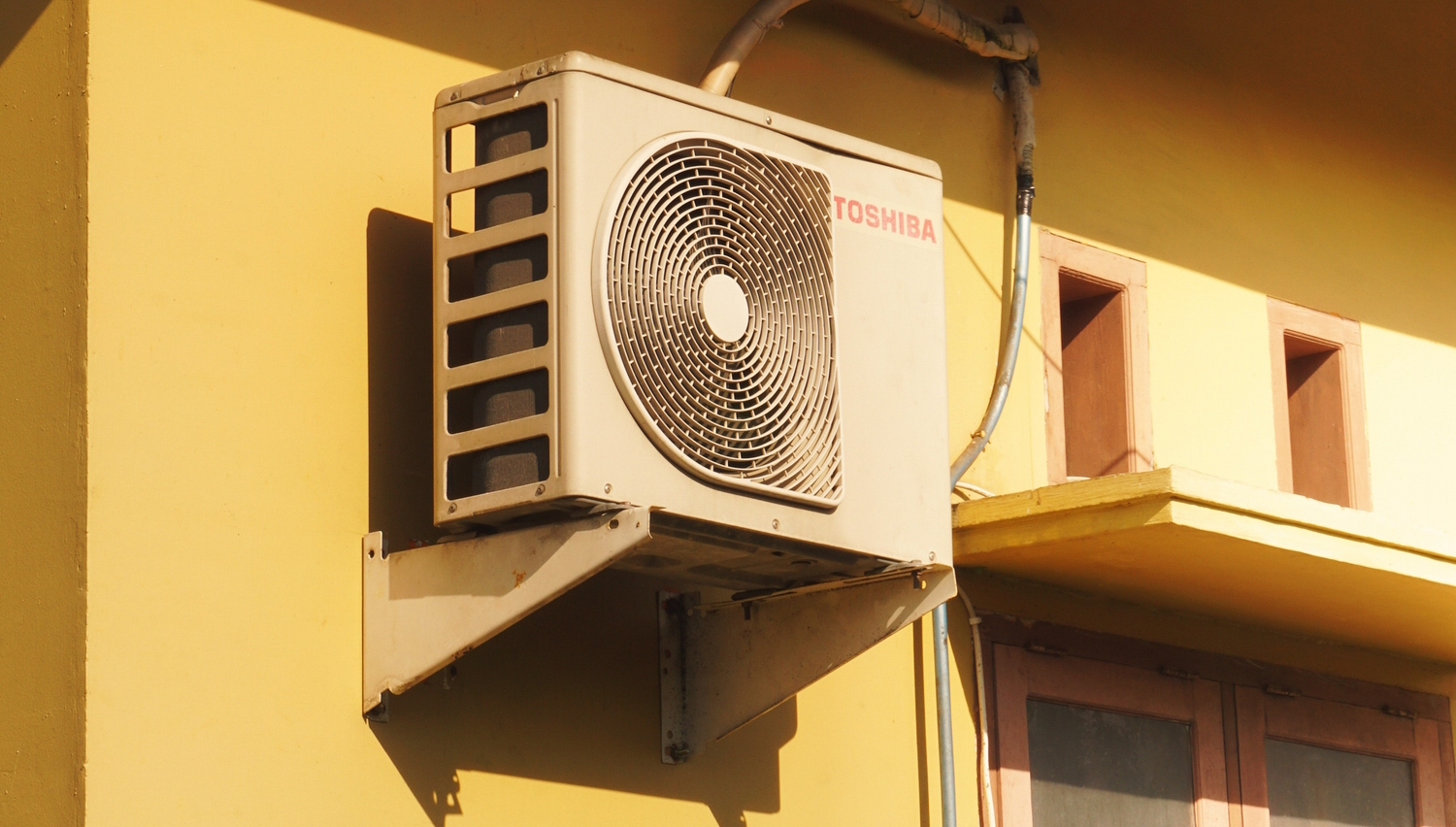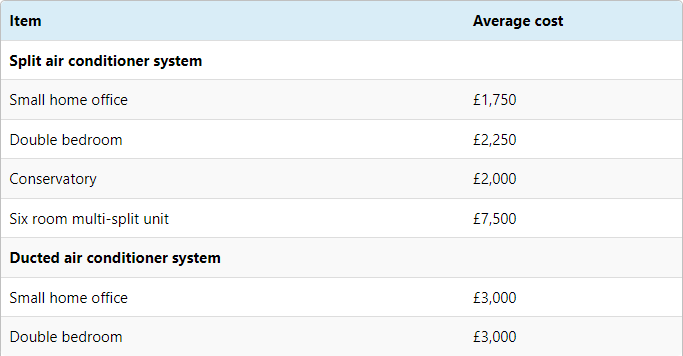As temperatures rise during the scorching summer months, the need for a reliable air conditioning system becomes increasingly essential. Whether you’re considering installing air conditioning for the first time or upgrading your existing system, one crucial aspect to consider is the cost.
Understanding the factors that influence the cost of air conditioning installation is vital for making informed decisions. In this blog post, we will explore various factors that affect the cost of air conditioning installation and provide you with a comprehensive guide to help you budget effectively.

Factors Affecting Air Conditioning Installation Costs:
1. Type of Air Conditioning System:
The type of air conditioning system you choose will significantly impact the installation cost. There are various options available, including split-system air conditioners, ducted systems, multi-split systems, and portable units.
Each system has its advantages and complexities, resulting in different installation requirements and costs. Split-system air conditioners are typically the most affordable to install, while ducted systems tend to be more expensive due to the additional complexity of ductwork installation.
Unit Size and Capacity:
The size and capacity of the air conditioning unit you need will also influence the installation cost. The cooling capacity is measured in British Thermal Units (BTUs) or tons, and it should be appropriately sized to match the square footage of the area you wish to cool.
An undersized unit will struggle to cool the space efficiently, while an oversized unit may result in excessive energy consumption. It is crucial to consult with a professional HVAC technician to determine the appropriate unit size and capacity for your specific needs.
Existing Infrastructure:
If you’re replacing an old air conditioning system, the condition of your existing infrastructure will impact the installation cost. Upgrading to a new system may require modifications to electrical connections, ductwork, or ventilation, which can increase the installation expenses.
Additionally, if your home lacks the necessary infrastructure, such as ductwork, installing a ducted air conditioning system may require extensive construction work, further adding to the overall cost.
Energy Efficiency Ratings:
Energy-efficient air conditioning systems are designed to minimise energy consumption and reduce utility bills. While they may have a higher upfront cost, they can save you money in the long run.
Systems with higher energy efficiency ratings, such as those certified by ENERGY STAR, tend to be more expensive upfront but provide significant long-term savings. Consider the energy efficiency of the unit you choose, as it can impact both the installation cost and ongoing operational expenses.
Geographic Location:
The geographic location of your property can also influence the cost of air conditioning installation. Factors such as local climate, building codes, and labour costs can vary from one region to another.
In areas with high labour costs or complex installation requirements, the overall cost of installation may be higher compared to other regions. It is advisable to research local HVAC contractors and request multiple quotes to ensure you are getting a fair price for the installation.
Additional Features and Upgrades:
Additional features and upgrades, such as smart thermostats, zoning systems, or advanced filtration systems, can enhance comfort and energy efficiency but may also increase the installation cost.
These features offer increased control, convenience, and improved indoor air quality. Discuss your requirements and budget with the HVAC professional to determine which additional features are worth the investment and align with your needs.

Image via [https://www.checkatrade.com/blog/cost-guides/air-conditioner-installation-cost/].
The cost of installing air conditioning in a residential property varies depending on several factors, including the size of the house and the specific type of air conditioning system chosen.
When it comes to air conditioner installation costs, a small home office typically falls within the range of £1,750 to £3,000. For a double bedroom, the average cost of air conditioner installation ranges from £2,250 to £3,000.
Size of the House:
The size of the house is a crucial consideration in determining the cost of air conditioner installation. Larger houses require more cooling capacity and often necessitate the installation of multiple units or a central ducted system. As a result, the installation cost tends to increase with the size of the house.
Type of Air Conditioning System:
The type of air conditioning system selected also impacts the installation cost. Different systems, such as split-system air conditioners, ducted systems, or portable units, have varying installation requirements and complexities. Split-system air conditioners tend to be more affordable to install compared to ducted systems, which involve additional expenses related to ductwork installation.
Quality of the Air Conditioner Unit:
The quality and brand of the air conditioner unit can affect the installation cost. Higher-quality units often come with advanced features and superior performance, resulting in a higher upfront cost. However, investing in a reliable and energy-efficient unit can lead to long-term savings on energy bills and maintenance costs.
Additional Features:
The availability and inclusion of additional features can also impact the installation cost. Features such as remote control, timers, app access, and sleep mode contribute to the overall cost but provide added convenience and comfort. It is essential to assess which features are necessary for your specific requirements and budget accordingly.
Conclusion:
When considering air conditioning installation, it’s crucial to understand the various factors that influence the overall cost. The type of system, unit size, existing infrastructure, energy efficiency ratings, geographic location, and additional features all play a role in determining the final cost. It is recommended to consult with reputable HVAC professionals, obtain multiple quotes, and carefully evaluate the options available to ensure you make an informed decision.
Investing in a high-quality air conditioning system and professional installation is essential for long-term comfort and energy efficiency. While upfront costs may vary, the benefits of a well-installed and properly sized system will outweigh the initial expense. Remember to prioritise energy efficiency and explore any available rebates or incentives that may help offset the cost. With careful planning and research, you can find an air conditioning solution that meets your needs, ensures year-round comfort, and suits your budget.
If you’re in search of a top-notch air conditioner installer, reach out to ROMA Heating. Whether you require assistance with a minor task or require the expertise of a seasoned professional for a larger-scale project, we’ve got you covered.